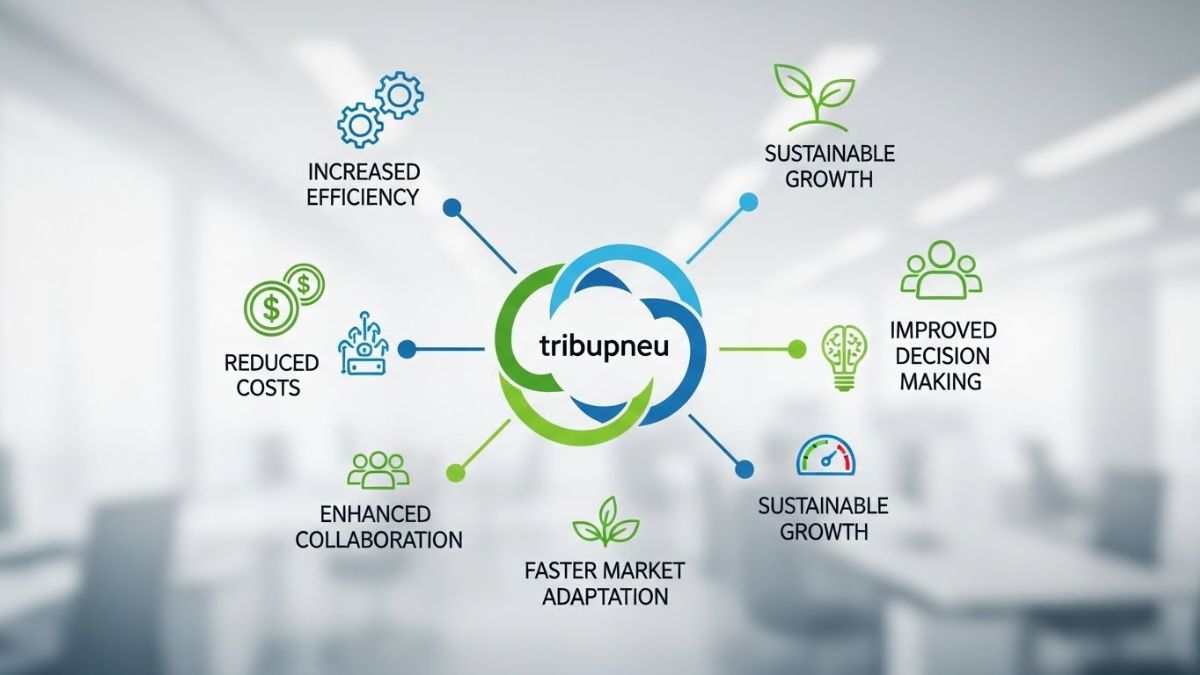In today’s fast-paced business landscape, companies search for ways to streamline operations and boost productivity. Enterprise Resource Planning (ERP) software has emerged as a vital tool in achieving these goals, offering an integrated approach to managing business functions. By centralizing data and facilitating communication across various departments, ERP systems can lead to significant improvements in efficiency and decision-making. Understanding the transformative power of ERP software is essential for any organization looking to stay competitive and agile. Keep reading to explore how this technology can unlock your business potential.
Exploring the Definition and Purpose of ERP Software in Business Operations
ERP software is built to unify all key business functions like finance, HR, sales, and inventory into a single system. This integration gives managers a complete view of operations, helping them make informed decisions and spot areas that need improvement. Unlike standalone tools, ERP systems streamline processes, reduce paperwork, and remove redundancies to boost efficiency.
Beyond simplifying tasks, ERP software encourages teamwork by breaking down communication barriers between departments. It promotes transparency and alignment across the business. A good ERP software company also ensures scalability, allowing businesses to grow and customize their system as needs change.
Streamlining Processes and Increasing Efficiency with ERP Systems
ERP software enhances business efficiency by streamlining workflows and reducing manual input, which minimizes human error and accelerates operations. In manufacturing and inventory management, it tracks product movement, predicts inventory needs, and improves supply chain responsiveness through real-time data. This leads to better resource management and reduced waste.
On the financial front, ERP systems integrate departmental data for easier reporting, regulatory compliance, and more accurate budgeting and forecasting. In customer relationship management, ERP tools offer a unified view of client interactions, enabling sales teams to tailor strategies based on customer history and preferences, which supports improved service and stronger client relationships.
The Role of ERP in Enhancing Decision-Making and Business Intelligence
ERP software serves as both an operational tool and a strategic asset by aggregating and analyzing data to support informed decision-making. It helps managers detect trends, address performance gaps, and respond swiftly to market shifts. With real-time monitoring of key performance indicators, executives can make timely decisions without being hindered by uncertainty.
ERP systems also offer advanced business intelligence tools, including visual dashboards and predictive analytics, transforming raw data into actionable insights. Through data science and AI, they reveal opportunities for efficiency and innovation. ERP software supports risk management by offering a unified view of operations, enabling businesses to anticipate threats and prepare effective contingency plans.
Overcoming Implementation Challenges for a Successful ERP Integration
Implementing ERP systems offers numerous benefits but comes with significant challenges. Success depends on thorough planning, understanding business needs, and strong leadership. Managers must anticipate issues such as technical difficulties and user resistance. Gaining employee support is essential, with training and communication playing key roles in easing the transition.
Customization also presents complications, as businesses must weigh the need for tailored features against increased costs and longer timelines. Off-the-shelf solutions may lack flexibility, but too much customization can hinder progress. Data migration is another critical obstacle, requiring accurate and complete transfers through careful planning and testing to avoid post-implementation problems.
Measuring the Impact of ERP on Business Growth and Customer Satisfaction
Quantifying ERP implementation benefits is key to validating its investment. Businesses often see measurable gains in efficiency, including shorter cycle times and lower operational costs. Growth is supported by the ability to manage complex operations with the same or fewer staff.
ERP systems enhance customer satisfaction by improving service speed, reliability, and communication through streamlined, integrated processes. Financial performance also improves, as ERP enables better pricing strategies, cost control, and visibility into inefficiencies. The centralized data platform helps identify and eliminate hidden costs. Over time, ERP fosters organizational agility, allowing faster responses to market shifts and customer needs, and supports improved operational control for sustained competitiveness.
Overall, ERP software offers an integral solution to optimize business operations, enhance strategic decision-making, and deliver valuable insights. By investing in the right system and managing its implementation effectively, businesses can realize considerable gains in growth and customer satisfaction. Unlocking the full potential of ERP requires a blend of technological innovation and a commitment to change management, but the rewards justify the journey for ambitious companies seeking transformation.











